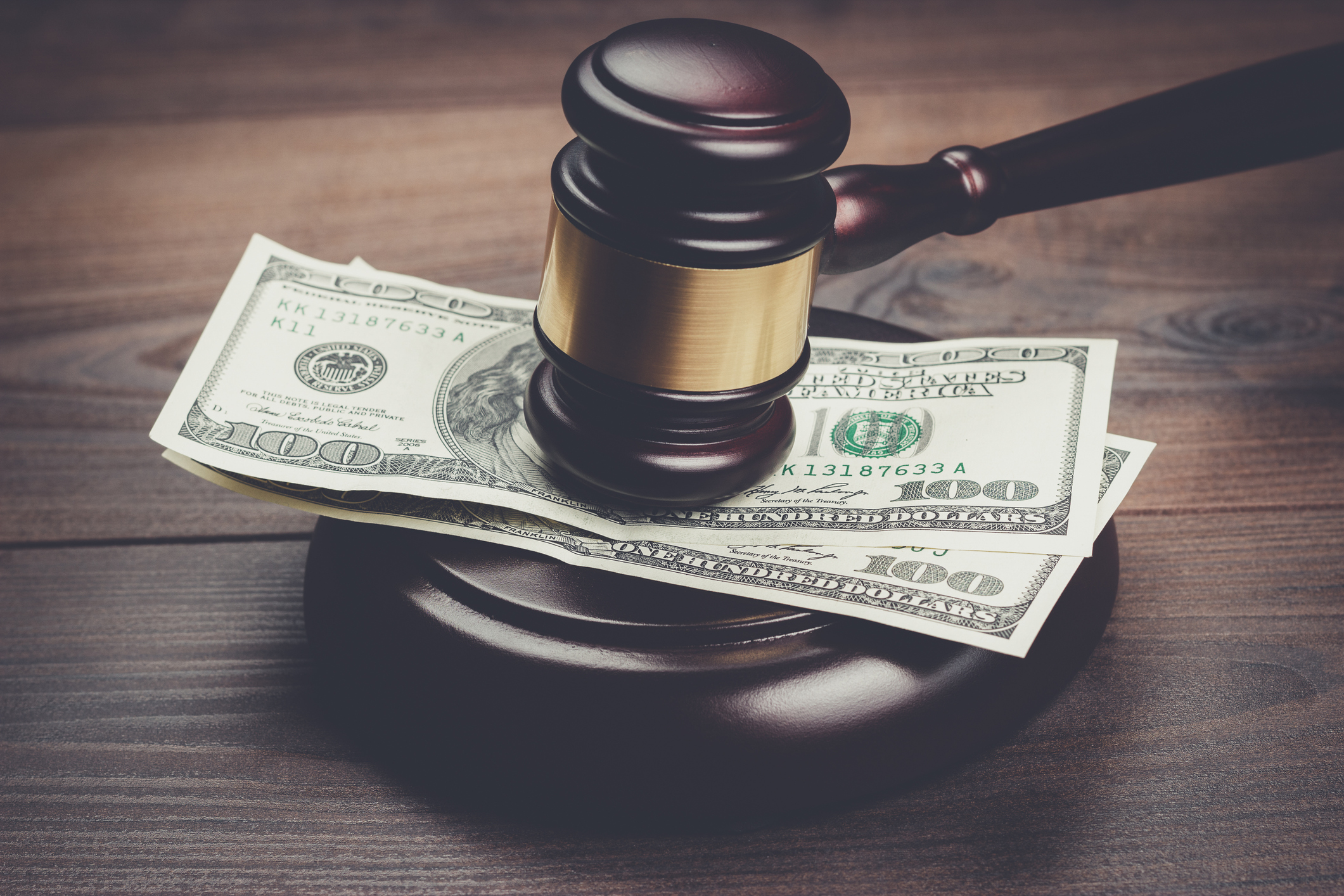As a personal injury plaintiff, you’ve been getting a crash course in Georgia personal injury laws. You’ve probably heard your lawyer talking about your material losses, intangible losses, and compensation, but what does this all mean? If you’ve left your attorney’s office and are still wondering about economic vs. non-economic damages, you’re not alone. Our Tucker personal injury lawyer explains the differences.
Economic damages in personal injury claims
Economic damages, also referred to as material damages, are the out-of-pocket expenses and losses you incurred due to the incident. Common economic damages include:
- Property damage: This includes repairing or replacing your vehicle, a damaged cell phone, clothing, jewelry, and other accessories damaged in the incident, and any other belongings that were broken or lost, like items in your trunk or purse.
- Medical bills: You’re entitled to claim compensation for all related medical care, including an ambulance ride and hospital stay or an urgent care visit. Your compensation covers follow-up care with your primary care physician, too, and any other doctors you see. If you require prescription medication, you can claim the cost of that. Medical care also covers rehabilitative therapy, like physical or occupational therapy, and any medical devices you need, from a sling to a prosthetic.
- Lost wages: You probably missed work to heal and recover from your accident. You’re entitled to full replenishment of all the money you didn’t earn, even if you used sick pay or vacation time to pay your bills while out.
- Loss of earning potential: Some people are injured so badly that they can’t work anymore or become disabled and can no longer continue in the same job or line of work that they were in before the accident. Your attorney may use a vocational expert or a professional economist to determine the difference between your former earning potential and your earning potential now, including any difference in pension or employer-sponsored retirement benefits you may no longer receive.
You’re also entitled to the full out-of-pocket expenses, like using an Uber while your car is in the shop, the cost of a hotel if you have to stay overnight to see an out-of-town specialist, and similar expenses.
Non-economic damages in personal injury claims
Non-economic damages are losses that, while intangible, still have value. The kind of accidents that end up as personal injury cases are usually emotionally traumatic and frightening; many people develop anxiety, depression, Post-Traumatic Stress Disorder (PTSD), or incident-related phobias (like fear of dogs or reluctance to drive) as a result.
Non-economic damages covers the overall impact of the accident on your life. You can claim compensation for:
- Pain and suffering: Your injuries hurt, and some treatments, like skin grafts, may be even more painful.
- Emotional trauma: The mental anguish you suffer after the accident, which includes mental health deterioration.
- Diminished quality of life: Most people have a hard time doing things they used to love; if you have depression, anxiety, or a new phobia after the incident, getting out of bed, playing sports, going to the gym, or playing with your kids can all feel almost impossible.
Your non-economic damages are based on the value of your economic damages. Typically, the higher your material losses are, the more impact the accident had on your life, and so your non-economic losses will be higher.
Summary of the differences between economic and non-economic damages
| Economic damages | Non-economic damages | |
| Definition | These are tangible, quantifiable losses that result directly from the injury or harm. They can be easily calculated and documented with evidence like bills or receipts. | These are intangible losses that do not have a direct monetary value but significantly impact the victim’s quality of life. |
| Calculation | Determined based on concrete evidence, such as invoices, pay stubs, and expert testimony regarding future costs. | Calculated using subjective factors, often relying on a multiplier method (multiplying economic damages by a number between 1 and 5) or per diem calculations (assigning a daily value to the victim’s suffering). |
| Purpose | To restore the victim to their financial position prior to the injury or harm. | To compensate for emotional and psychological suffering that cannot be resolved with monetary reimbursement alone. |
| Limits | Economic damages are usually uncapped. | Many jurisdictions impose caps on non-economic damages in certain cases, such as medical malpractice. |
Our lawyers are here to properly value your claim
Have you been hurt in an accident you didn’t cause? From workplace injuries to contaminated food and semi-truck crashes to dog bites, the personal injury attorneys at Fox Injury Law are ready to demand the maximum compensation available in your claim. Contact us at (404) 777-7778 for a free consultation.



